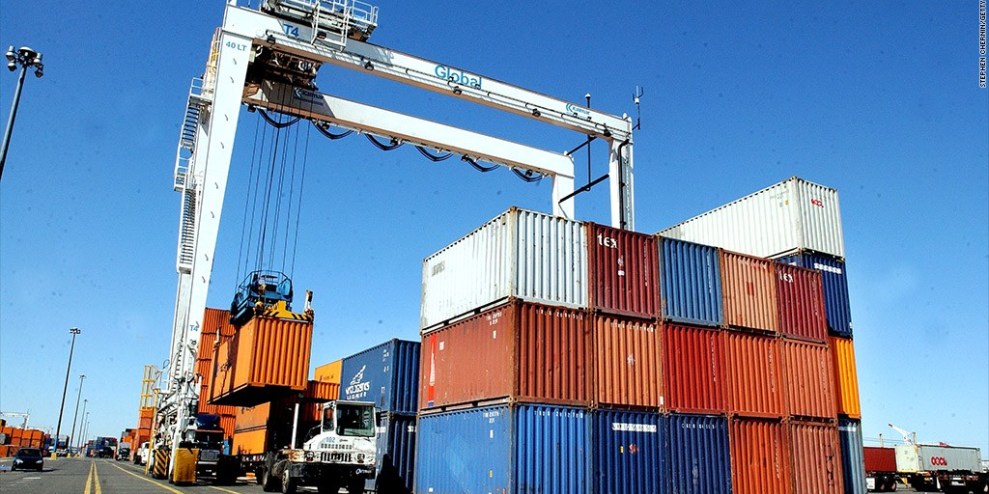According to a recent data released by the National Bureau of Statistics (NBS), Nigeria’s total trade grew by 2.5% in the first quarter of 2019, and 7.5% relative on a year on year basis, with exports valued at N4.5 trillion.
Note that the export value indicates a 4% increase (year-on-year) compared to the value obtained in the corresponding quarter of 2018 which recorded N4.2 trillion. More so, the Q1 2019 value increased by 1.78% quarter-on-quarter compared to the N4.45 trillion recorded within the fourth quarter of 2018.
What are Nigeria’s top ten exports in Q1 2019?
The total export value recorded within the first quarter of 2019 saw a 4% decline in the total top exports value to N4.54 billion from N4.72 billion recorded during the first quarter of the previous year.
Breakdown of the analysis: According to the data from the NBS, as well as compilation and comparison by Nairametrics’ research team, there was a 6% year on year decline in the exports of mineral products from N4.18 billion in Q1 2018 to N3.95 billion in Q1 2019. This is, however, about N2.2 million difference.
Agricultural exports experienced a relatively positive growth within the period under review (Q1 2018 -Q1 2019), with 1.9% share from total exports in Q1 2019, against the 1.55% share compared with the same quarter in the previous year. However, the export of live animals and animal products fell by 4% from N3.63 billion in Q1 2018 to N3.48 billion.
The export of vehicles and vessels experienced a 7% increase from the 2018 figure of N388 billion to N417 billion in Q1 2019. This increase was due to the re-export of vessels and other floating structures during the period under review. Meanwhile, the export of boilers, machinery and chemical appliances witnessed a significant growth year-on-year from N761 million in the first quarter of 2018 by over 60% increase to N1.95 billion.
What does this mean? Although a 4% rise in exportation may not seem like much, it is still commendable and indicative of better things to come. Nigeria needs to export more commodities/products, particularly non-crude exports and finished products. It is by doing this that it can ensure balance of trade whilst growing the economy.











